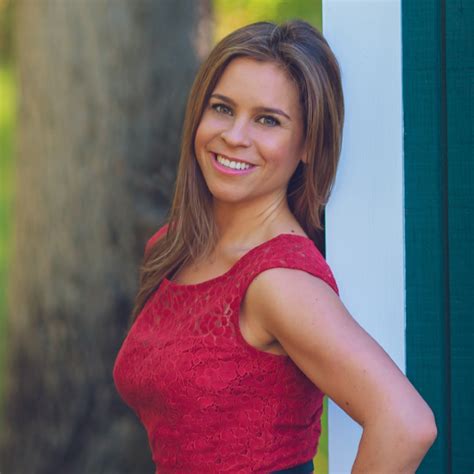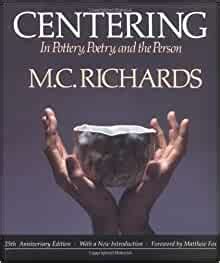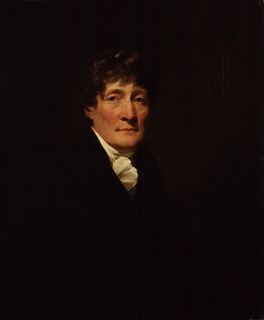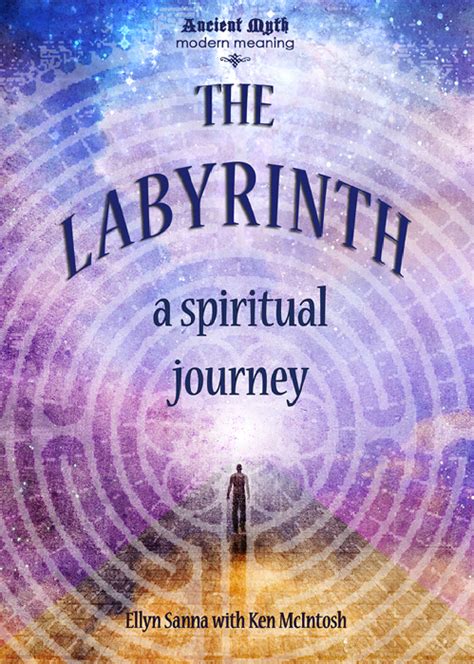A Quote by Jessica Ortner
Because we haven’t been taught to appreciate and love ourselves in this way, we don’t feel like we deserve self-care and pleasure. Instead, we cling to our To Do lists and sacrifice our health and well-being for the sake of others. Then, when we feel deprived of our basic human need for relaxation and enjoyment, we turn to food as our sole source of pleasure. When we then try to deprive ourselves of food through dieting, we deny the last bit of pleasure we have in our lives. And that strategy never works!
Quote Topics
And Love
Appreciate
Basic
Because
Been
Being
Bit
Care
Cling
Deny
Deprive
Deprived
Deserve
Dieting
Enjoyment
Feel
Food
Health
His Way
Human
Instead
Last
Like
Lists
Lives
Love
Need
Never
Others
Our
Our Lives
Ourselves
Pleasure
Relaxation
Sacrifice
Sake
Self
Sole
Source
Strategy
Taught
Then
Through
Try
Turn
Way
Well
Well-Being
Works
Related Quotes
To enjoy anything, we cannot be attached to it... What we usually try to do is capture any joy that comes our way before it can escape... We try to cling to pleasure, but all we succeed in doing is making ourselves frustrated because, whatever it promises, pleasure simply cannot last. But if I am willing to kiss the joy as it flies, I say, "Yes, this moment is beautiful. I won't grab it. I'll let it go."
At the heart of our desires is eternal happiness without the slightest hint of misery. You could say that we are pleasure seekers; however, seeking pleasure from the objects of our five senses produces fleeting moments of pleasure whereas, pleasure of one's self, a soul, is eternal and ever-increasing pleasure.
But how can we love someone if we don't like him? Easy-we do it to ourselves all the time. We don't always have tender, comfortable feelings about ourselves; sometimes we feel foolish, stupid, asinine, or wicked. But we always love ourselves: we always seek our own good. Indeed, we feel dislike toward ourselves, we berate ourselves, precisely because we love ourselves; because we care about our good, we are impatient with our bad.
Pleasure cannot be shared; like Pain, it can only be experienced or inflicted, and when we give Pleasure to our Lovers or bestow Charity upon the Needy, we do so, not to gratify the object of our Benevolence, but only ourselves. For the Truth is that we are kind for the same reason as we are cruel, in order that we may enhance the sense of our own Power.
It is possible to move through the drama of our lives without believing so earnestly in the character that we play. That we take ourselves so seriously, that we are so absurdly important in our own minds, is a problem for us. We feel justified in being annoyed with everything. We feel justified in denigrating ourselves or in feeling that we are more clever than other people. Self-importance hurts us, limiting us to the narrow world of our likes and dislikes. We end up bored to death with ourselves and our world. We end up never satisfied.
It's easy for us to feel separate from other people and from other forms of life, especially if we don't have a reliable connection to our own inner world. Without insight into our internal cycles of pleasure and pain, desires and fears, there is a strong sense of being removed, apart or disconnected. When we do have an understanding of our inner lives, it provides an intuitive opening, even without words, to the ties that exist between ourselves and others.
When we work so hard at our preparations for Christmas, we often feel cheated and frustrated when others fail to notice the results of our efforts. We need to ask ourselves why we are doing the things we choose to do. If love motivates us-love for our families, for our neighbors - then we are free to simply enjoy the actual process of what we do, rather than requiring the approval and admiration of others for the results of our labors.
It seemed an advantage to be traveling alone. Our responses to the world are crucially moulded by the company we keep, for we temper our curiosity to fit in with the expectations of others...Being closely observed by a companion can also inhibit our observation of others; then, too, we may become caught up in adjusting ourselves to the companion's questions and remarks, or feel the need to make ourselves seem more normal than is good for our curiosity.
Eating with the fullest pleasure - pleasure, that is, that does not depend on ignorance - is perhaps the profoundest enactment of our connection with the world. In this pleasure we experience our dependence and our gratitude, for we are living in a mystery, from creatures we did not make and powers we cannot comprehend.
?Reading good literature is an experience of pleasure...but it is also an experience of learning what and how we are, in our human integrity and our human imperfection, with our actions, our dreams, and our ghosts, alone and in relationships that link us to others, in our public image and in the secret recesses of our consciousness.



































